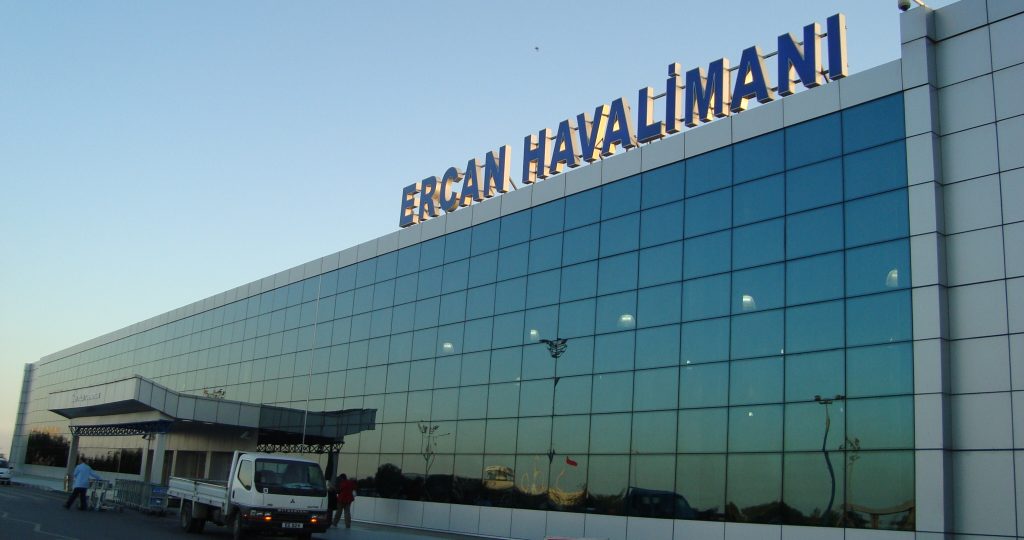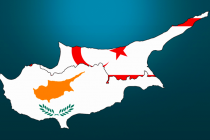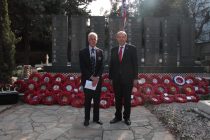The government of the Turkish Republic of North Cyprus (TRNC) has opted to take strong precautionary measures to prevent the spread of coronavirus in the country.
New restrictions see the United Kingdom join the list of countries whose citizens are not allowed into the TRNC as the outbreak of the virus spreads worldwide, with devastating consequences for several states such as China, Iran and Italy.
The latest safety and security measures were confirmed earlier today, following an extraordinary session of the cabinet chaired by President Mustafa Akıncı.
Details were then announced to the press and public by Deputy Prime Minister and TRNC Foreign Minister Kudret Özersay, and also shared on the social media pages of key ministries including the Ministry of Transport, which is responsible for the TRNC’s sea and air ports.
Chief among the raft of new measures being implemented by the Council of Ministers is the decision to extend the number of countries whose citizens are barred from entering the TRNC. The listed states have a significant outbreak of coronavirus (COVID-19), according to the World Health Organisation (WHO).
Countries whose citizens are barred from entering the TRNC
The expanded list of barred states now includes: Austria, Bahrain, Belgium, China, Denmark, France, Germany, Greece, Hong Kong, Iran, Iraq, Italy, Japan, the Netherlands, Norway, Qatar, Singapore, South Korea, Spain, Sweden, Switzerland, UK, and the United States.
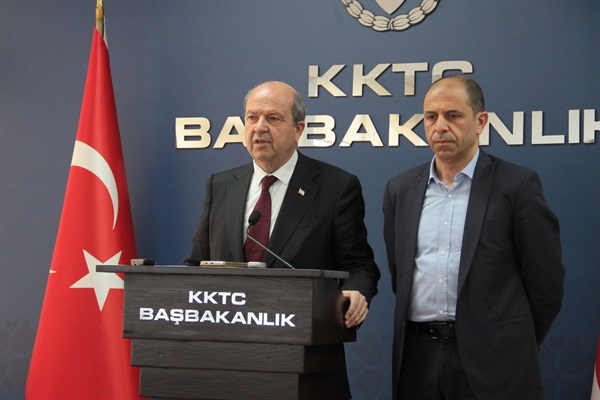
The restrictions apply to all travellers, regardless of their method of arrival to the TRNC, including via air, road, and sea ports.
The measure comes into force from midnight tonight, Thursday leading into Friday 13 March.
TRNC citizens and residents must go into self-isolation
The exemption to the rule is TRNC citizens and those with TRNC residency permits who are returning from these countries.
These individuals will be admitted into North Cyprus on condition they undertake a 14-day period of self-isolation upon arrival.
Border crossings are also affected by the new rules.
Border crossings
Last week, the Greek Cypriot authorities unilaterally closed four of the seven border crossings on the Green Line due to concerns about the spread of coronavirus. The decision, before any cases had been discovered, prompted widespread condemnation and protests in the divided capital Nicosia.
With confirmations of coronavirus infections in both North and South Cyprus, today the Turkish Cypriot authorities agreed to uphold the closures.
The new extended measures include a decision to temporarily close the Akyar and Yeşilırmak crossing points until 22 March 2020.
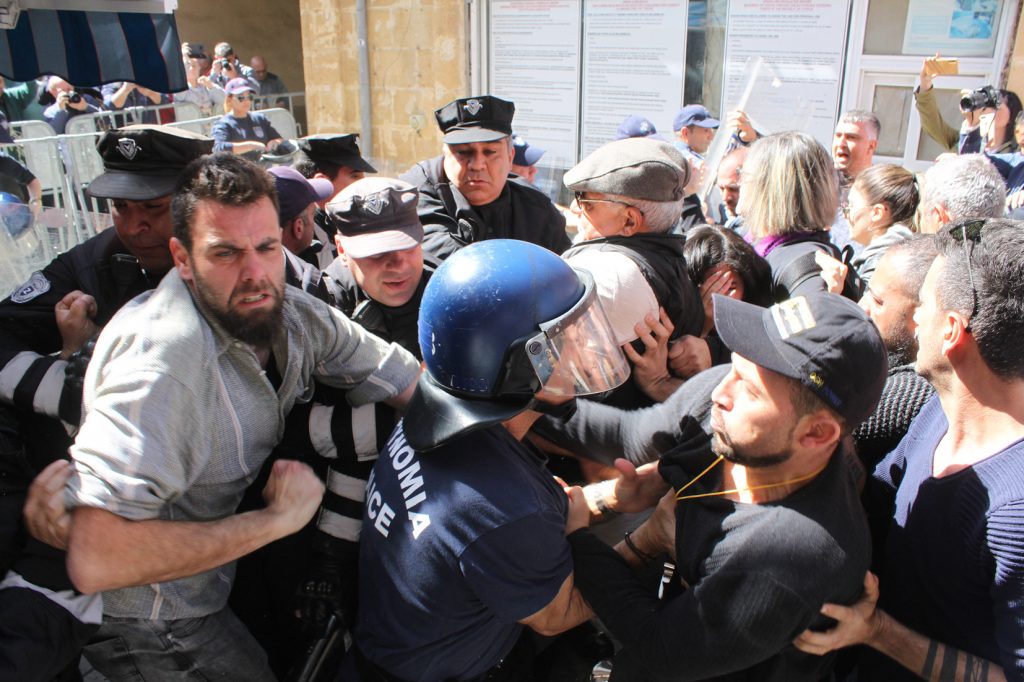
Only three crossing points, Metehan, the Ledra Palace and Beyarmudu, will remain open while the new security restrictions are in place.
Other measures against coronavirus
Public gatherings are also targeted by the government.
Dr. Özersay announced that all sporting and cultural events, and activities hosted by schools and universities were being cancelled until 3 April 2020. TRNC schools will also be closed until March 22.
Similarly, theatres and cinemas will be closed until 22 March, alongside the cancellation of festivals and other public gatherings.
It is assumed the ban will also affect the campaigns of candidates standing in upcoming Presidential elections, due to take place on 26 April, President Akıncı, Dr. Özersay and Prime Minister Ersin Tatar among them.
The restrictions are far more widespread than those in South Cyprus and most of Europe, including Britain. They will impact adversely on the North Cyprus economy, which relies heavily on tourism and the education sectors.
TRNC Transport Ministry confirms in a series of tweets that UK citizens among those currently barred from entering North Cyprus
kişilerin ülkemize girişi belirli bir tarihe kadar yasaklanmıştı. Bugün itibariyle bu ülkelere yine Dünya Sağlık Örgütü verileri çerçevesinde; #Almanya, #Fransa, #İspanya, #İngiltere, #Yunanistan, #ABD, #İsviçre, #Japonya, #Norveç, #Hollanda, (3/7)
— KKTC Bayındırlık ve Ulaştırma Bakanlığı (@KKTC_Ulastirma) March 12, 2020
However, government fears of an Italy-like scenario overwhelming the country’s limited healthcare facilities have prompted it take a more draconian approach to fighting coronavirus in a bid to contain its spread among Turkish Cypriots.
“Controlled goods”
At a press conference in Geneva on Wednesday, the WHO declared coronavirus a “global pandemic”.
Latest figures show the virus has killed over 4,600 people worldwide and led to the infection of 126,000 others. Experts believe tens of thousands more are now incubating the disease and have yet to show symptoms.
Public fears have led to panic buying, resulting in vital items such as hand sanitisers and masks being sold out, and prices soaring as retailers and entrepreneurs seek to capitalise on the sudden mass demand.

Dr. Özersay said that medical supplies such as masks, surgical gloves, antiseptic gels, disinfectants, and similar items were being placed under the “controlled goods category” under the TRNC’s Law on Goods and Services. This allows the government to regulate the retail price of these items and to implement sanctions against “opportunists”.
The TRNC government said it may introduce further measures if required, but in the first instance urged the public to follow hygiene rules to safeguard against the virus.

